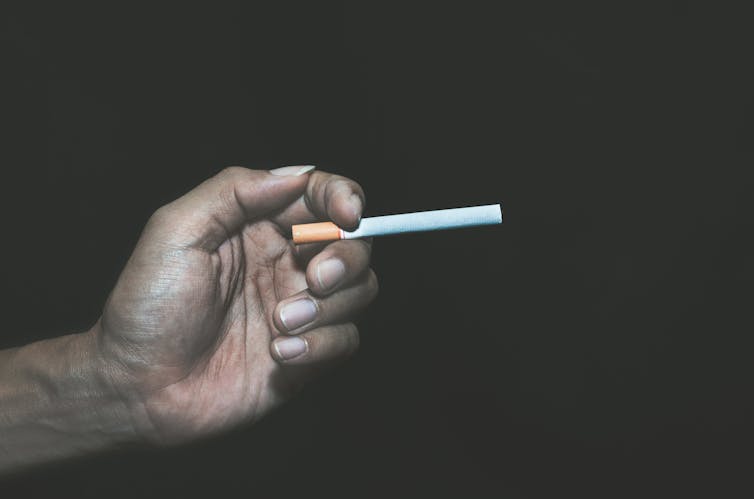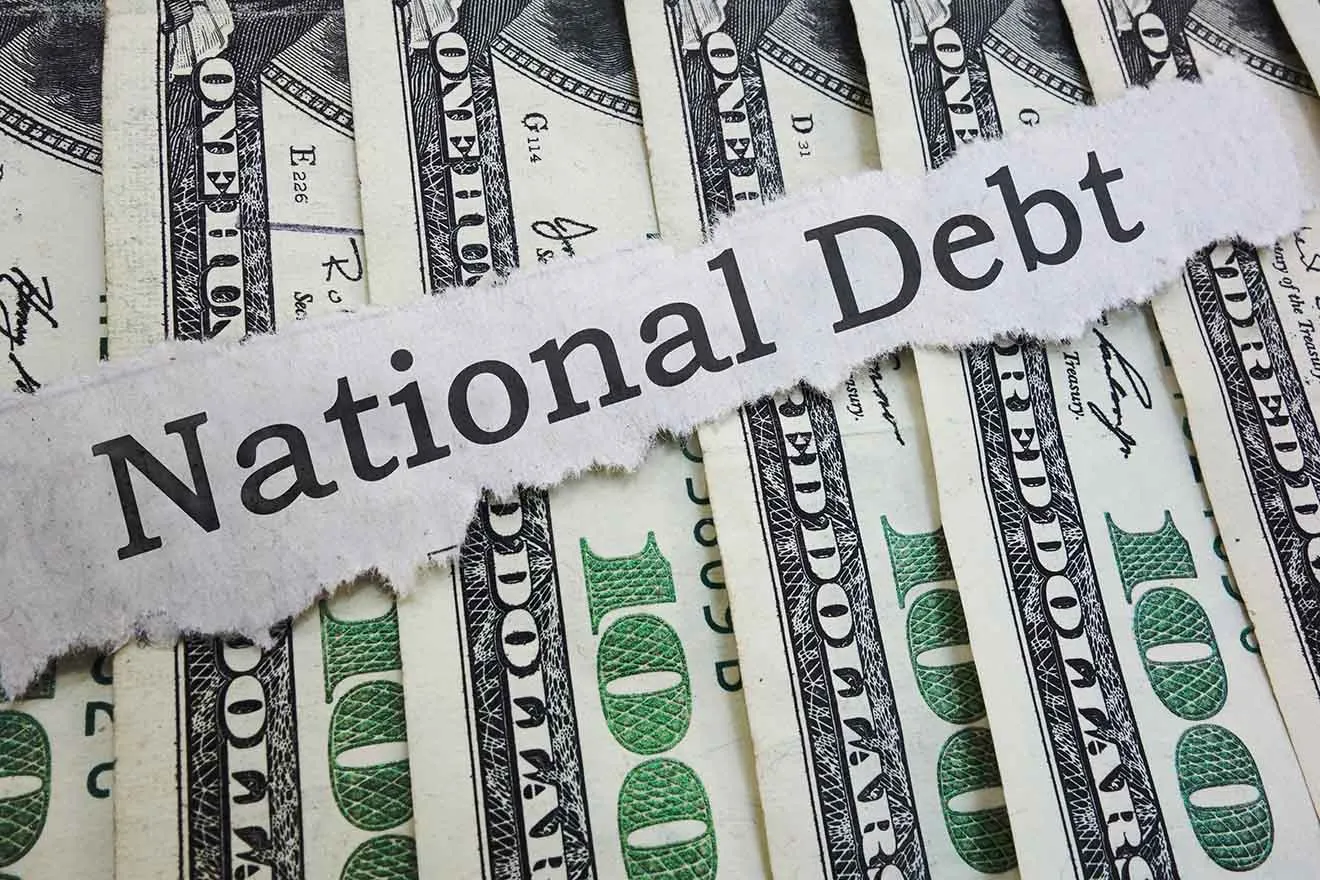
Why is the FDA seeking to ban menthol cigarettes?

David Mendez, University of Michigan and Rafael Meza, University of Michigan
The FDA has opened the public comment period for the agency’s proposed ban on menthol cigarettes. Epidemiology and global health professor Rafael Meza studies data modeling in disease prevention and cancer risk. David Mendez, who studies smoking cessation and tobacco control policies, is an associate professor of health management and policy. These University of Michigan researchers found that, in a 38-year period, African Americans suffered most of the harmful effects of menthol cigarettes. Now the researchers have developed a model to simulate the possible benefits of the menthol ban, based on studies of population trends in tobacco use. As experts on the behavioral and public health aspects of smoking, they explain the role of menthol in smoking-related illness and death.
What are menthol cigarettes?
Menthol is a chemical compound, obtained naturally from peppermint oil or produced synthetically using thymol, a compound in the herb thyme. When added to tobacco cigarettes, menthol produces a cooling sensation in the mouth and throat. Menthol cigarettes have enough of the compound added to give them that characteristic sensation and minty flavor. Instead of tasting like burning tobacco, menthol cigarettes might bring to mind cough drops or strong breath mints.
Why are menthol cigarettes particularly harmful?
Menthol reduces the harshness of cigarette smoking, making it more palatable for those new to smoking. Most of the experimenters are teens and young adults, who are vulnerable to long-term effects of nicotine on still-developing brains. Among youths who are smokers, about 60% smoke menthols, with even higher rates among Black adolescents. Every year, menthol cigarettes increase the number of individuals who become regular smokers. Those who start with menthols often continue with them.
Our research shows that the harm of tobacco use continues as well. In addition to providing youths a more palatable introduction to smoking, the menthol flavor appears to keep them smoking. People who smoke menthol cigarettes smoke longer over their lifetimes and are less likely to quit. That translates into hundreds of thousands of additional premature deaths from lung cancer, emphysema and diseases made worse by smoking, like heart disease. In our study, we estimated that menthol cigarettes were responsible for 377,000 premature deaths among the U.S. population during the past 40 years.

Why has there been a backlash to the FDA’s proposed ban?
Some critics have raised concerns about potential unintended consequences of the proposed ban, particularly for African American menthol smokers. One worry is that banning menthol cigarettes could make Black people subject to arrest for buying or smoking them. Another concern is that a ban might create an illicit market for the cigarettes, particularly in African American neighborhoods.
But the FDA ban is on distributing the cigarettes, not buying, possessing or smoking them. The agency has been clear that it cannot and will not enforce the ban on individual consumers of menthol cigarettes or flavored cigars. And Canada’s experience with a similar ban suggests that it is unlikely an illegal market would emerge.
Most importantly, any negative consequences would be outweighed by considerable health gains.
How would a menthol cigarette ban help?
Cigarette smoking prevalence has decreased drastically since the 1960s, thanks to tobacco control interventions like cigarette taxes, smoke-free air laws, marketing restrictions and education campaigns. The prevalence of menthol cigarette smoking, however, has remained relatively constant since 2000, which highlights the need for interventions specifically targeting menthol cigarettes.
We recently estimated that banning menthol cigarettes in the U.S. would translate into a 15% reduction in menthol smoking prevalence and prevent 650,000 premature deaths by 2060. The gains among the Black population would be particularly considerable, with an estimated 255,000 premature deaths averted.
Under a menthol cigarette ban, it’s important that menthol cigarette smokers have help to quit smoking, and not just switch to nonmenthol cigarettes.![]()
David Mendez, Associate Professor of Health Management and Policy, University of Michigan and Rafael Meza, Professor of Global Public Health, University of Michigan
This article is republished from The Conversation under a Creative Commons license. Read the original article.

















